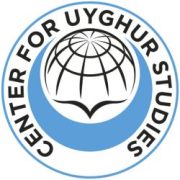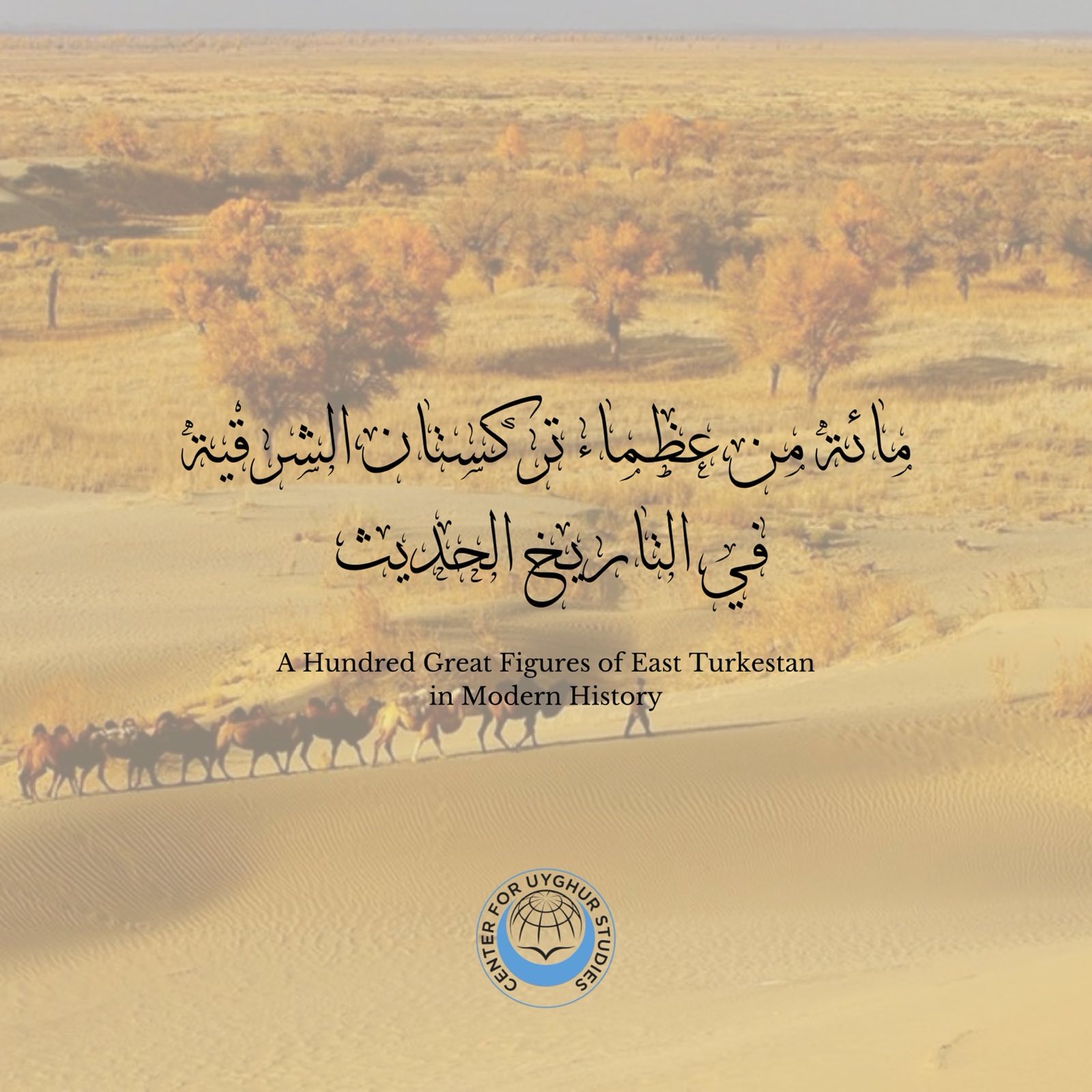Uyghur Figures – 16
Abdulkarim Han Makhdum was born in 1870 in Kashgar, East Turkistan, into a family known for its scholarly and noble traditions. From a young age, he displayed a passion for learning and intellectual pursuits. He began his education at the “Khanliq” school in Kashgar before moving in 1883 to the “Hussainiyah” school in Artush, where he continued his studies. By 1892, Abdulkarim aspired to study abroad, but his family dissuaded him from traveling. Undeterred, he pursued his education locally, mastering several languages, including Arabic, Persian, Urdu, and Turkish, which would later play a pivotal role in his intellectual and political work.
Between 1905 and 1909, Abdulkarim embarked on a journey to Russia under the guise of trade. This trip became a transformative period in his life. He explored the social structures, cultural practices, and economic conditions of Muslims living in Russia, visiting major cities such as Moscow, St. Petersburg, and regions in Belarus. During his travels, he engaged with people from all walks of life, gaining invaluable insights into industrial, agricultural, commercial, cultural, and educational advancements. These experiences broadened his horizons and solidified his determination to carry out modernization and reform in the Uyghur community upon his return.
In the years that followed, Abdulkarim took decisive steps to advance education in East Turkistan. Upon returning home, he collaborated with local scholars to establish a new school, which became a cornerstone of community education. In 1913, he and his brother Mahmoud founded another school in Artush, further expanding access to modern education. Later that year, Abdulkarim learned of a troubling plan by the British consulate in Kashgar to send Uyghur boys and girls abroad for schooling. Recognizing this as a potential cultural threat, he acted swiftly by dispatching an emissary to intercept the children at the border and return them home.
Abdulkarim’s activism escalated when he organized a public meeting in Kashgar, leading to mass demonstrations against the British consulate. In these protests, he openly criticized the consulate’s interference, mobilizing the Uyghur community to defend their sovereignty. The demonstrations culminated in a siege of the British consulate, where protesters clashed with guards, marking a defining moment in Uyghur resistance.
In the following years, Abdulkarim’s revolutionary activities brought him into conflict with local authorities. When Ottoman scholar Ahmed Kamal was deported on the orders of Yang Zengxin, Abdulkarim became entangled in the matter, prompting him to take temporary refuge in Russia. Once tensions subsided, he returned to Kashgar and resumed his cultural and educational endeavors. Inspired by the Bolshevik Revolution, he intensified efforts to modernize Uyghur society. His growing influence, however, alarmed Yang Zengxin, who exiled him to Aksu.
In 1933, Timur Ali liberated Aksu, securing Abdulkarim’s release. Returning to Kashgar, Abdulkarim assumed a key role in the newly established Islamic Republic of East Turkistan on November 12, 1933. He was appointed to the Ministry of Education, where he advocated for building alliances with friendly nations to support the fledgling republic. Despite his efforts, the republic fell to Ma Zhongying’s forces, forcing Abdulkarim to pay 300 gold dinars to secure his safety.
In July 1934, Khoja Niyaz, Vice Chairman of the Regional Government, appointed Abdulkarim as an advisor. By 1937, he had risen to become the governor of Old Kashgar. On April 2 of the same year, Abdulkarim organized a fundraising campaign among the wealthy and business leaders to support General Mahmud Muhiti. In October 1937, he was appointed interim governor of Kashgar.
In 1938, Abdulkarim visited the Soviet Union at Stalin’s invitation, meeting prominent leaders and furthering diplomatic ties. Upon his return, he joined and led the Anti-Imperialist Association. His activities, however, drew the ire of Sheng Shicai, who imprisoned him in Urumchi.
Released in November 1942, Abdulkarim returned to Kashgar in 1943, where he began covert opposition to Sheng Shicai’s regime. By 1944, his leadership and revolutionary spirit led to his involvement in the Three Districts Rebellion. However, his efforts led to his abduction and imprisonment in Artush in February 1945.
On June 19, 1946, Abdulkarim was appointed Chief of Kashgar Province and Deputy Security Commander. On August 1, 1946, he was elected as a member of the Joint Regional Government. However, continued attacks on Kashgar prompted the government to relocate him. On May 19, 1947, the Kuomintang appointed him Deputy Chairman of the Region. Due to his advanced age, Abdulkarim was unable to fulfill his duties, leading to his dismissal on December 31, 1948.
With the arrival of the Chinese Communist Army in East Turkistan in 1949, Abdulkarim was appointed governor of Kashgar on September 25. In 1950, he was awarded a gold medal by the Soviet Union for his efforts in strengthening ties with the USSR. On April 11, 1950, he was appointed Administrative Inspector of the Northwest Military Administrative Committee and later participated in the second meeting of the Chinese People’s Political Consultative Conference in Beijing in June 1950.
Abdulkarim Han Makhdum passed away on February 6, 1955, in Kashgar at the age of 85.
Copyright Center for Uyghur Studies - All Rights Reserved

